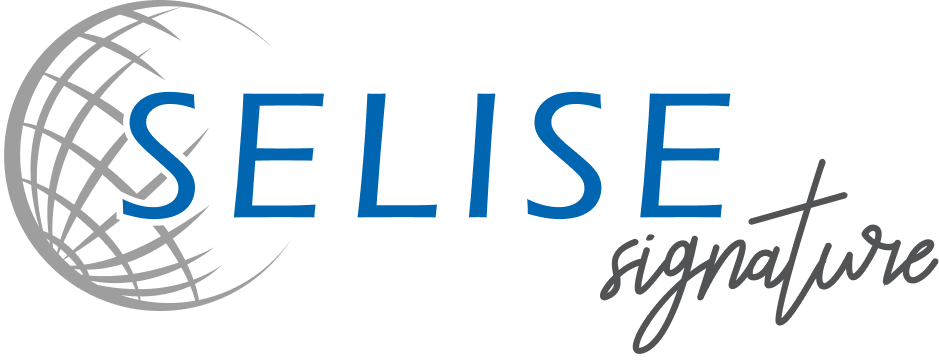The Advantages of E-Signatures: Enhanced Security and Convenience

In an increasingly digital world, traditional handwritten signatures are giving way to electronic signatures (e-signatures), providing a more secure and convenient alternative. This transition is gaining momentum in Bangladesh, given its commitment to embrace digital transformation across various sectors. The adoption of e-signatures offers numerous benefits, including enhanced security and improved efficiency, making them an attractive option for businesses and individuals alike.
Qualified Electronic Signatures (QES)
Qualified Electronic Signatures (QES) provide the highest level of trust and legal admissibility in courts. They are used for critical documents such as audit reports, formal financial reporting, manager-level employment contracts, memorandums of understanding (MoUs), consumer credit contracts, and any official document with legal implications. The robust security and verification processes involved in QES ensure that signed documents are legally binding and can withstand legal scrutiny.
To complete a QES, individuals must go through a stringent identity verification process. This involves presenting official documents over video, ensuring that the signer is who they claim to be. The process requires the signer’s National Identity Card (NID) number and uses advanced systems like Autoident and Selfieident.
These systems leverage artificial intelligence tools such as image, video, face, and character recognition to verify identity securely and efficiently, adhering to the highest data protection standards.
Enhanced Security
One of the primary advantages of e-signatures, especially QES, over handwritten ones is the enhanced security they offer. Traditional signatures can be easily forged or tampered with, posing significant risks in terms of document authenticity and integrity. E-signatures, particularly QES, utilize advanced security features to protect against fraud and unauthorized alterations.
E-signature platforms, such as SELISE Signature, employ top-notch security measures like encryption and firewalling. Encryption ensures that the data transmitted is accessible only to authorized parties, while firewalls protect the system from external threats. Additionally, e-signature solutions often incorporate two-factor authentication (2FA), requiring users to verify their identity through a second method, such as a mobile app or SMS code. This adds an extra layer of security, making it much harder for unauthorized individuals to gain access.
Moreover, e-signature platforms maintain a comprehensive audit trail starting from the user’s first login. This audit trail records every action taken on the document, including when it was signed, by whom, and any subsequent modifications. This transparency not only enhances security but also provides a clear record for compliance and dispute resolution.
Convenience and Efficiency
Beyond security, e-signatures, particularly QES, offer unparalleled convenience and efficiency. In Bangladesh, where digital infrastructure is rapidly improving, the ability to sign documents electronically can significantly streamline business processes and reduce operational costs.
In contrast with QES, handwritten signatures are prone to forgery and tampering, lacking the robust authentication and encryption features of e-signatures. They also require physical presence, delaying processes in an era that values efficiency and speed. Additionally, storing and retrieving physical documents is cumbersome compared to the ease of digital storage with e-signatures. Moreover, traditional signatures contribute to higher operational costs due to paper, printing, and storage requirements, contrasting with the cost-effectiveness of electronic documentation.
E-signatures eliminate the need for physical paperwork, reducing the time and effort required to print, sign, scan, and store documents. This is particularly beneficial for businesses with remote teams or clients, as documents can be signed and processed from anywhere, at any time. The convenience of e-signatures translates to faster turnaround times, enabling quicker decision-making and execution of agreements.
The transition from handwritten to electronic signatures marks a significant step towards digital transformation in Bangladesh. E-signatures, particularly Qualified Electronic Signatures (QES), are integral to enhancing document security and streamlining administrative processes. As businesses and government agencies embrace e-signatures and digital processes, Bangladesh moves closer to a digital economy, promoting innovation and competitiveness in the global marketplace.

